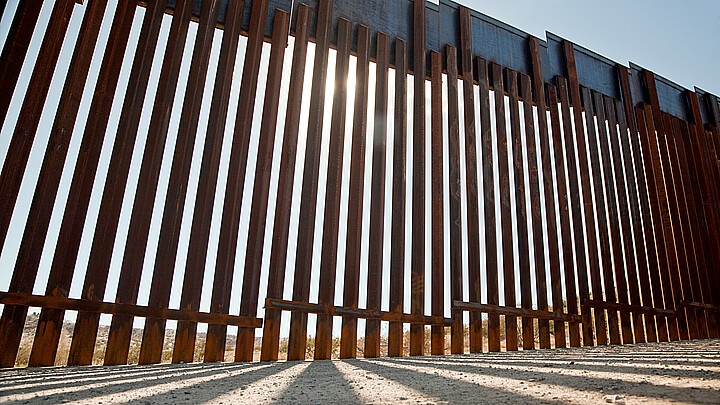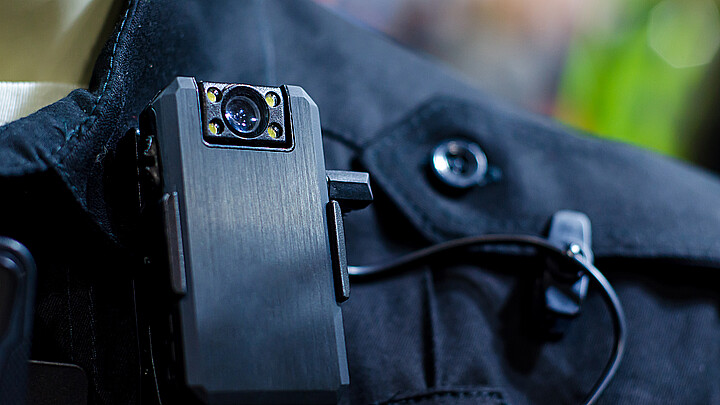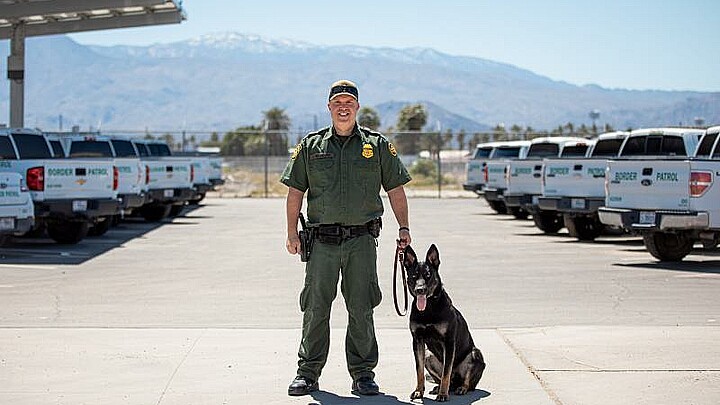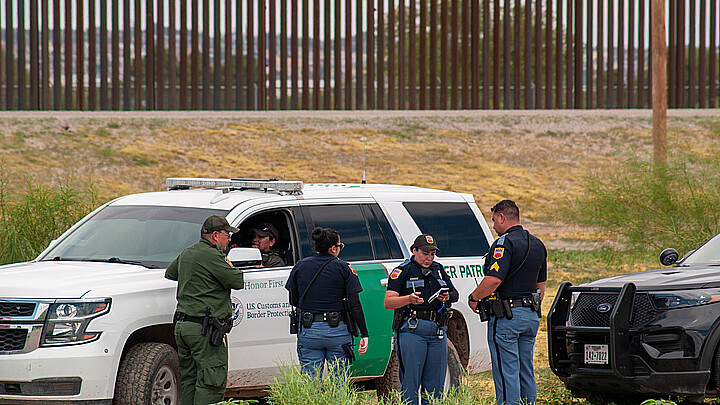Border
Arizona's shipping container border will cost taxpayers over $200M
Ducey agreed to remove the makeshift barriers, aw well as all associated equipment, materials, vehicles, and other objects along the border without damaging U.S. natural resources, at a cost of over $76 million
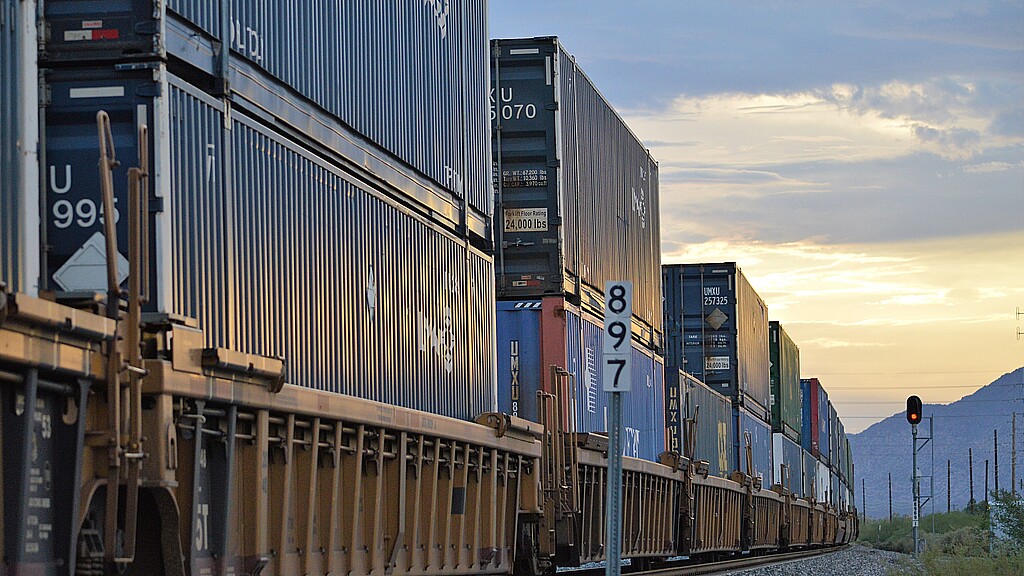
January 12, 2023 8:29am
Updated: February 19, 2023 7:55am
Former Arizona Governor Doug Ducey's effort to use shipping containers as a means of closing gaps along the U.S.-Mexico border will end up costing Arizona taxpayers more than $200 million.
Ducey's plan, which was in place for five months, involved the use of double-stacked shipping containers as barriers in Yuma and Cochise counties. However, the U.S. government sued Ducey and the state on December 15, claiming that his project trespassed on federal land.
Ducey agreed to remove the makeshift barriers, aw well as all associated equipment, materials, vehicles, and other objects along the border without damaging U.S. natural resources, in December, at a cost of over $76 million.
The cost of removing the containers from the Coronado National Forest in Cochise County alone is projected to be $57.2 million, according to state contracts with the Florida-based emergency management company AshBritt. This cost is in addition to the initial $95 million that was announced for the barrier's construction in Cochise County.
In August, Ducey began filling border wall gaps near Yuma, where roughly 3,000 feet were plugged with shipping containers. The project was projected to cost $6 million, but ballooned to nearly $13 million as of September, according to Ducey’s office. It will now cost roughly $9.3 million to take down the containers near Yuma.
Furthermore, separate costs to move shipping containers from a Sierra Vista staging area to Tucson are estimated to be around $9.8 million. And, work and transportation costs associated with Nogales-area shipping containers are estimated to ring up to about $20.5 million, according to state contracts.

